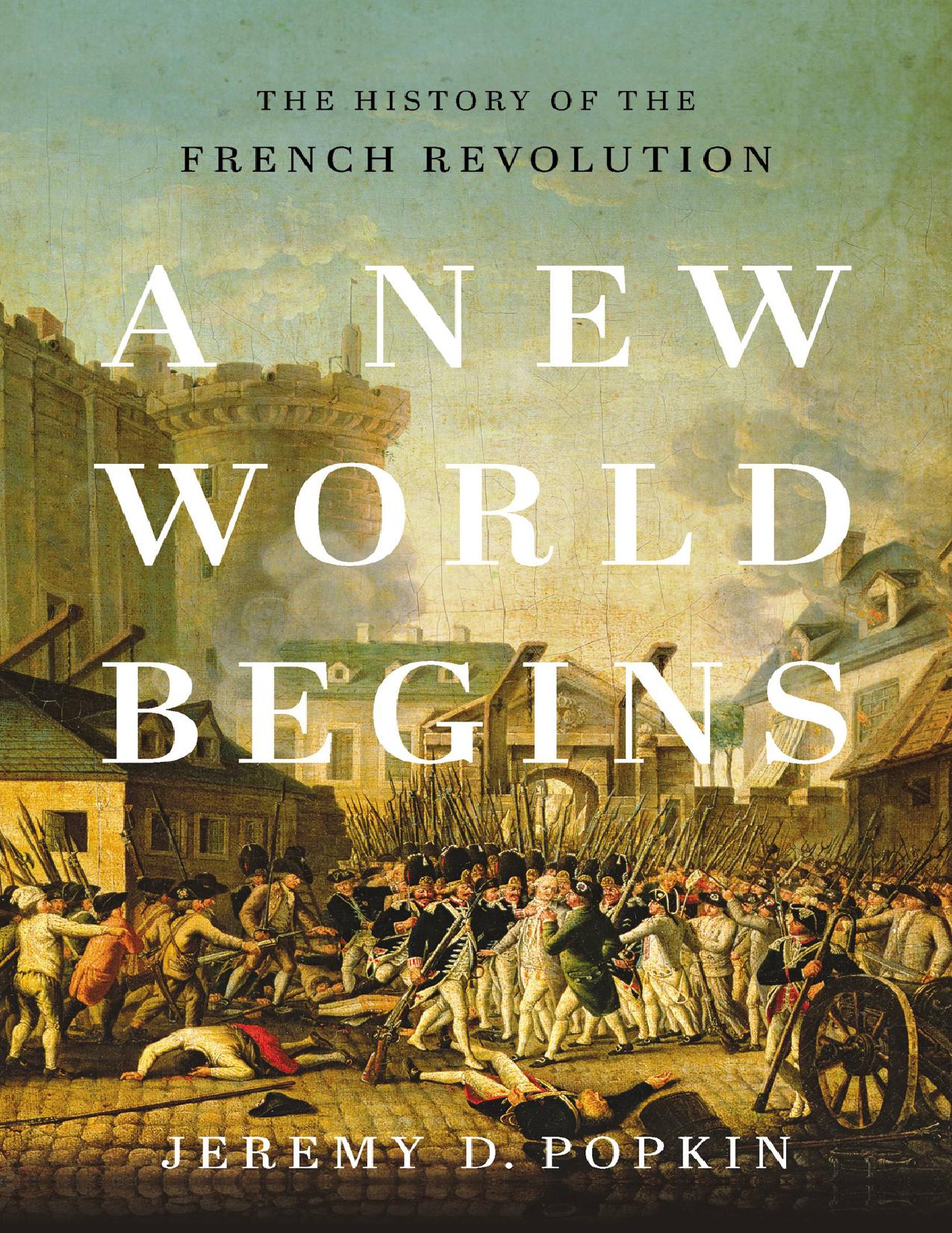A New World Begins by Jeremy Popkin

Author:Jeremy Popkin
Language: eng
Format: epub, pdf
Publisher: Basic Books
Published: 2019-12-09T16:00:00+00:00
For his defense, the king enlisted François-Denis Tronchet, a distinguished barrister. Several others volunteered to assist him, including the women’s rights activist Olympe de Gouges, a self-proclaimed monarchist. The king accepted an offer of help from his former minister Malesherbes, the onetime protector of Diderot and d’Alembert’s Encyclopédie, who would later pay with his life for his devotion to his sovereign. Eventually he added Raymond de Sèze, a specialist in courtroom oratory, to his team. On December 26, the king was again transported across Paris to the Convention’s meeting hall. Before an overflow crowd, de Sèze put forward what the legal team had decided were the only arguments likely to sway the deputies: the constitution’s promise that the king would be immune to prosecution, and the unfairness of the Convention acting as both the king’s accuser and his judge. At the end of the session, Louis XVI delivered a short statement. “In speaking to you, perhaps for the last time,” he said, “I declare to you that my conscience reproaches me for nothing.… My heart is torn to find in the accusation the charge of having wanted to shed the blood of the people.”20
The Girondins now proposed that the question of the king’s guilt and punishment should be put to a vote of the people. The Montagnards, despite their theoretical commitment to democracy, denounced this “appeal to the people” as a delaying tactic and an invitation to civil war. The deputy Barère convinced a majority of the deputies that turning over the determination of the king’s guilt to the people would be an abandonment of the basic principle of representative government: “It would be to impose on the sovereign the job the sovereign has ordered you to do.” Barère’s speech turned the tide in the debate: the majority voted against the Girondins. Meanwhile, the tension in the streets was growing, making it clear that the legislators needed to reach a decision on the king’s guilt and punishment themselves. Hébert’s Père Duchêne demanded that they stop stalling and “shorten the pig in the Temple” by sending him to the guillotine. Disturbances broke out after performances of a political play, L’ami des lois (The friend of the laws), in which the leading Montagnards were stingingly caricatured. Royalist sympathizers were still able to publish pamphlets on the king’s behalf, and on January 11, 1793, rioters in Rouen cried “Long live the king!” In Paris, the Spanish ambassador, acting on behalf of his own Bourbon sovereign, tried to bribe Convention deputies to save the king’s life. Thomas Paine, who had allied himself with the Girondins, made a last effort to head off a possible execution, suggesting that Louis XVI be exiled to the United States. There, “far removed from the miseries and crimes of royalty,” he said, “he may learn, from the constant aspect of public prosperity, that the true system of government consists not in kings, but in fair, equal and honorable representation.” His suggestion was ignored.21
The process of voting on the king’s
Download
This site does not store any files on its server. We only index and link to content provided by other sites. Please contact the content providers to delete copyright contents if any and email us, we'll remove relevant links or contents immediately.
| Anarchism | Communism & Socialism |
| Conservatism & Liberalism | Democracy |
| Fascism | Libertarianism |
| Nationalism | Radicalism |
| Utopian |
The Secret History by Donna Tartt(19088)
The Social Justice Warrior Handbook by Lisa De Pasquale(12190)
Thirteen Reasons Why by Jay Asher(8909)
This Is How You Lose Her by Junot Diaz(6887)
Weapons of Math Destruction by Cathy O'Neil(6279)
Zero to One by Peter Thiel(5802)
Beartown by Fredrik Backman(5754)
The Myth of the Strong Leader by Archie Brown(5507)
The Fire Next Time by James Baldwin(5444)
How Democracies Die by Steven Levitsky & Daniel Ziblatt(5218)
Promise Me, Dad by Joe Biden(5153)
Stone's Rules by Roger Stone(5088)
A Higher Loyalty: Truth, Lies, and Leadership by James Comey(4963)
100 Deadly Skills by Clint Emerson(4925)
Rise and Kill First by Ronen Bergman(4789)
Secrecy World by Jake Bernstein(4753)
The David Icke Guide to the Global Conspiracy (and how to end it) by David Icke(4718)
The Farm by Tom Rob Smith(4509)
The Doomsday Machine by Daniel Ellsberg(4490)
